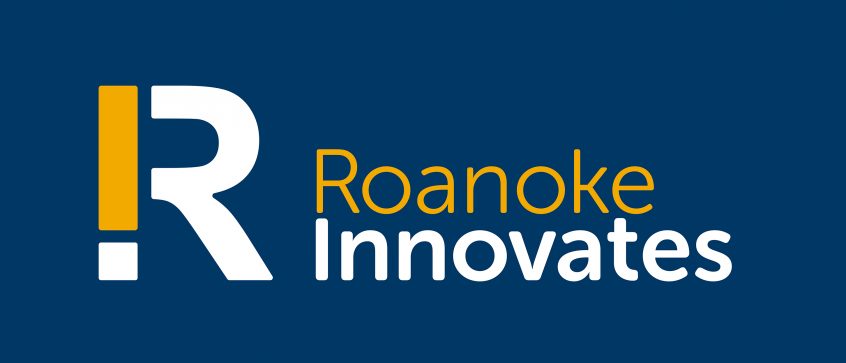If people limit food intake to a specified time period each day, can they improve their health?
That question and the latest research on caloric control and time-restricted eating will be discussed at 5:30 p.m. on Thursday, Jan. 31, at the Fralin Biomedical Research Institute at VTC, as Eric Ravussin, an internationally known nutrition and obesity scientist, presents the institute’s Maury Strauss Distinguished Public Lecture. This presentation is co-sponsored by the institute’s Center for Transformative Research on Health Behaviors.
According to a 2018 study by Ravussin and colleagues, research subjects who ate all their meals by midafternoon and fasted the rest of the day benefited from improved blood sugar, blood pressure, and oxidative stress, even when they didn’t change what they eat.
The study is the first in humans to show consuming all calories in a six-hour period provides metabolic advantages compared with eating the exact same amount over 12 hours or more, even if the person doesn’t lose weight, according to Ravussin, the director of Louisiana State University’s Pennington Biomedical Research Center.
The research is especially meaningful, Ravussin said, because it shows for the first time in humans that the benefits of intermittent fasting are not solely due to eating less. Practicing intermittent fasting has intrinsic benefits regardless of what people eat, he said. The study also shows that eating early in the day may be a particularly beneficial form of intermittent fasting.
“Dr. Ravussin’s lecture is particularly relevant to the Fralin Biomedical Research Institute’s work to understand health behaviors and metabolic health at the molecular, cellular and behavioral levels in an effort to address one of the nation’s most pressing health care challenges,” said Michael Friedlander, executive director of the research institute and Virginia Tech Vice President for Health Sciences and Technology.
The institute’s Center for Transformative Research on Health Behaviors conducts research to prevent and treat lifestyle-related diseases, such as obesity and type 2 diabetes. It is led by two authorities in lifestyle disease research — Warren Bickel, a professor at the Fralin Biomedical Research Institute where he also serves as director of the institute’s Addiction Recovery Research Center, and Matthew Hulver, a professor and head of the Department of Human Nutrition, Foods, and Exercise in Virginia Tech’s College of Agriculture and Life Sciences.
Ravussin is an internationally recognized translational investigator in obesity and diabetes research. He received his Ph.D. in human physiology at the University of Lausanne, Switzerland, and currently is a Louisiana State University (LSU) Boyd Professor, the highest and most prestigious professorial rank at LSU, given only to professors who have attained national or international distinction for outstanding teaching, research or other creative achievements.
Ravussin’s research focuses on the molecular basis of obesity. His studies are aimed at understanding the molecular mechanisms that determine individual differences in energy expenditure, fat oxidation, and energy balance in response to caloric restriction, increased or decreased physical activity, overfeeding, or physiological conditions such as puberty, pregnancy or menopause.
His latest research is in the field of aging with an emphasis on the impact of caloric restriction on human biomarkers of aging and longevity. Dr. Ravussin has published more than 500 peer-reviewed manuscripts in the field of obesity, type 2 diabetes, and aging.
Ravussin was recently named to the American Society for Nutrition (ASN) Class of 2018 Fellows, the society’s highest honor. He has been an active member of The Obesity Society, serving on their advisory council, the program committee, and as a former president of the society from 2006 to 2008. Ravussin has served editor-in-chief of Obesity since 2012.
The lecture begins at 5:30 p.m. Thursday and is free and open to the public. A reception with refreshments will precede the talk at 5 p.m. The Fralin Biomedical Research Institute is located at 2 Riverside Circle, Roanoke, Virginia.

